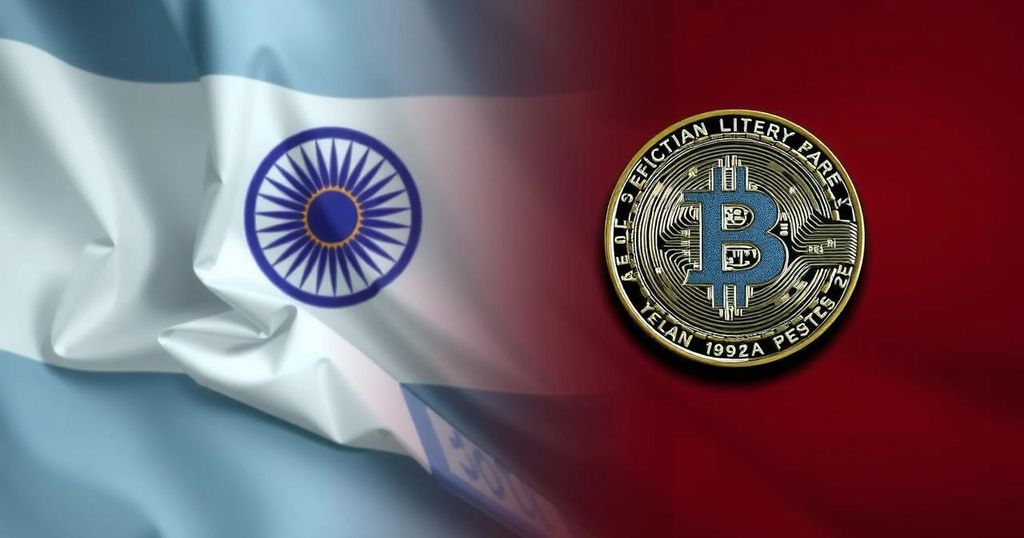Argentina, the United Arab Emirates, and Ethiopia have commenced state-funded Bitcoin mining operations, according to Matthew Sigel of VanEck. This decision highlights a growing trend among BRICS nations to explore digital currencies for economic independence. The initiative seeks to establish a Bitcoin-based system for international trade, potentially reducing reliance on the U.S. dollar despite the substantial infrastructure and energy demands of Bitcoin mining. Sigel notes a bullish outlook for Bitcoin, linking its recent performance to U.S. election dynamics.
Three nations recently added to the BRICS coalition—Argentina, the United Arab Emirates (UAE), and Ethiopia—have initiated state-backed Bitcoin mining operations. According to Matthew Sigel, Head of Digital Assets Research at the prominent investment firm VanEck, this development signifies a notable trend among BRICS countries in leveraging digital assets for enhanced economic resilience and independence from traditional financial systems. The broadened BRICS grouping, which now incorporates six additional member states, boasts a collective Gross Domestic Product (GDP) that surpasses that of the Group of Seven (G7). This is indicative of a strategic pivot away from Western financial frameworks. In his discussion with CNBC, Mr. Sigel highlighted that Russia’s Sovereign Wealth Fund is also investing in Bitcoin mining initiatives and artificial intelligence infrastructure within the BRICS unit. This strategy aims to create a localized system for conducting international trade with Bitcoin, thereby diminishing dependence on the U.S. dollar. Mr. Sigel described the prevailing market dynamics as particularly favorable for Bitcoin, drawing parallels to the circumstances surrounding the 2020 U.S. presidential election. He articulated that Bitcoin’s recent price surge corresponds with a rise in betting odds regarding a prospective Trump victory and a noted pattern of heightened volatility in the aftermath of election results. For numerous stakeholders, Bitcoin serves as a decentralized financial mechanism that has the potential to offer BRICS nations an alternative to systems reliant on the dollar. However, it is important to note that Bitcoin mining—which entails generating new Bitcoins and validating transactions on the blockchain—demands considerable energy resources and infrastructural investment. Nonetheless, the capability to engage in trade without the constraints of dollar influence could furnish BRICS countries with a strategic advantage in the global market.
The BRICS coalition, which originally included Brazil, Russia, India, China, and South Africa, has expanded to include Argentina, the UAE, and Ethiopia. This collective seeks to create an alternative to the existing Western-dominated financial structures, particularly in the wake of recent geopolitical tensions and economic challenges facing these nations. Bitcoin mining is a crucial aspect of this initiative as it represents a method for these countries to harness digital currencies independently, thereby decreasing reliance on established currencies like the U.S. dollar. The integration of Bitcoin mining into state policy reflects an overarching trend toward diversifying economic strategies in the face of global financial volatility.
In conclusion, the inception of state-backed Bitcoin mining in Argentina, the UAE, and Ethiopia signals a pivotal move among BRICS nations toward embracing digital currencies. This initiative not only aims to bolster economic sovereignty but also seeks to mitigate vulnerability to the U.S. dollar’s fluctuations. As nations within the BRICS coalition explore innovative solutions to enhance their financial mechanisms, the role of Bitcoin may become increasingly central, offering these countries a pathway to greater economic autonomy and resilience amidst shifting global dynamics.
Original Source: crypto.news






